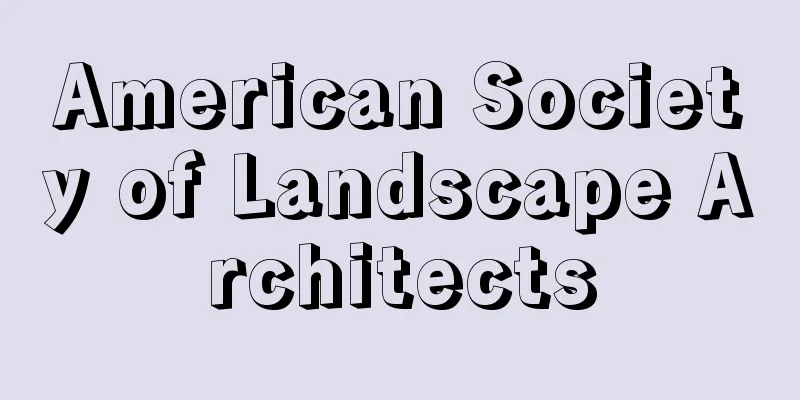Form marriage

|
In medieval Western European feudal society, the restriction of serfs from leaving their domain through marriage. It was prohibited because it would lead to confusion in governance and an outflow of labor, but later it was permitted by paying a tribute to the feudal lord, which is usually called a marriage tax. As agreements for free movement were sometimes made between feudal lords, it gradually declined. → Related topic Serfdom Source : Heibonsha Encyclopedia About MyPedia Information |
|
中世西欧封建社会で婚姻により農奴が領外に去るのを制限すること。支配権の錯綜と労働力流出につながるため禁止されていたが,のちに領主に貢租を納めることで許されるようになり,これはふつう結婚税と呼ばれる。領主間で自由移動の協定が結ばれることもあり,次第に衰退した。 →関連項目農奴 出典 株式会社平凡社百科事典マイペディアについて 情報 |
<<: Formal (English spelling) Georg Heinrich von Vollmar
Recommend
Tatsuta
A district of Ikaruga Town, Ikoma County, in nort...
Black Rain
A full-length novel by Ibuse Masuji. It was seria...
Devonian period
The fourth geological period when the Paleozoic E...
Kinsonkobo - Kinsonkobo
A tomb of Han from the Warring States period loca...
Mare's tail
…Perennial aquatic plant of the Equisetaceae fami...
Ayahuasca (English spelling)
A hallucinogenic drug widely used by the indigenou...
Luba Kingdom - Luba Kingdom
A kingdom formed in central Africa, centered on Sh...
Kashihachicho rice brokerage - Kashihachicho rice brokerage
This refers to rice wholesalers in the Edo period....
Character reader - Mojiyomitorisouchi (English spelling) character reader
A device that reads characters. There are those th...
Solar Year - Taiyounen
The time it takes for the sun to leave the vernal...
Emerita Augusta - Emerita Augusta
Please see the "Merida" page. Source: E...
Apekamuy - Apekamuy
…Among the gods, there are good and evil gods, an...
Antennae
The first appendage on the head of many arthropod...
interbank transaction
…Exchange banks buy and sell foreign exchange wit...
American ginseng (English name) Panax quinquefolium; ginseng
A perennial plant of the Araliaceae family. It is ...









